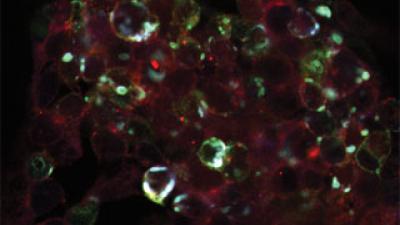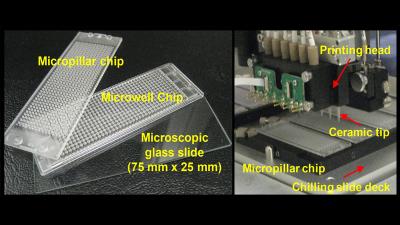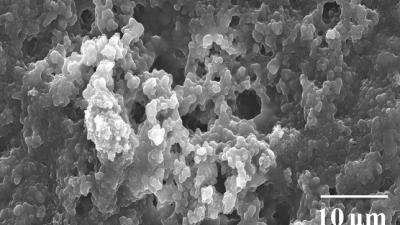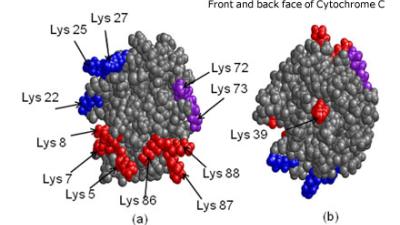The Science of Magic: Rensselaer and Walt Disney Imagineering Research & Development, Inc. Advance the Frontiers of Cognitive Computing
An interdisciplinary team of researchers at Rensselaer Polytechnic Institute is collaborating with Walt Disney Imagineering Research & Development, Inc., part of the theme park design and development arm of The Walt Disney Company.








